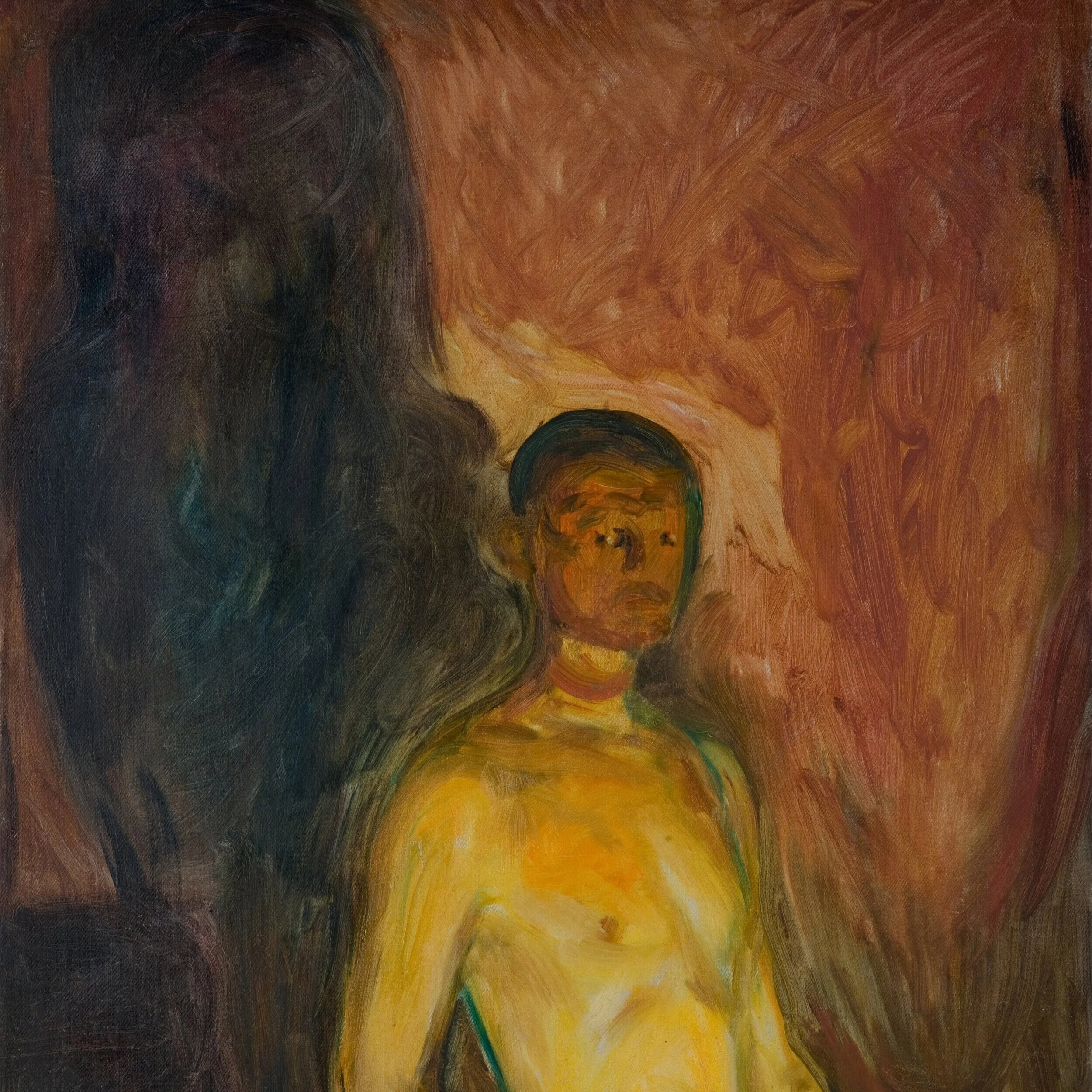Seeking salvation beneath dark clouds
COVID at St Cuthbert’s (COVID-19 blog no. 39)
Pope Francis, peoples, and culture: Preparing for a future post-COVID with Fratelli Tutti (COVID-19 blog no. 38)
An integral part of what it is to be a people is to be a community who are organised and working for the common good, and to be rooted in their own cultural history. It is this that the Theology of People is always moving towards: the practical means for the people and the poorest amongst them to find their liberation and salvation.
Remote learning and the Eucharistic potential of online education (COVID-19 blog no. 37)
Why doesn’t Pope Francis wear a mask? (COVID-19 blog no. 36)
L'Arche and COVID-19 (COVID-19 blog no. 35)
My career may not survive this tempest (COVID-19 blog no. 33)
Mental health, spiritual wellbeing, and COVID-19 (COVID-19 blog no. 32)
There are many analogies for describing how it feels to emerge from a national lockdown: tentative baby steps, gasping for air, relief after a bad dream, waking up one day to find we live in a completely different world.
This range of feelings and emotions reflects the variety of human experience during the ongoing COVID-19 pandemic, including the differing effects on mental health.
The St Vincent de Paul Society: Nourishing faith and friendship during COVID-19 (COVID-19 blog no. 31)
As COVID-19 struck, Tower House in Brighton, run by the St Vincent de Paul Society, was forced to temporarily close. Volunteer Luke Fernandes reveals that this potentially catastrophic turn of events has inspired alternative ways to support older and isolated people and, he adds, lockdown has provided an opportunity to nourish our faith.
Father Hudson's Care How: COVID-19 has impacted our work and the various groups whom it accompanies (COVID-19 blog no. 29)
Catholic Social Teaching and COVID-19: the economy (COVID-19 blog no. 27)
The basic question is simple: how well did the choices made promote the common good? The answers, however, are complicated and contested, since the common good is far from self-evident. Catholic Social Teaching can help, as it provides five sound, relevant, and quite practical principles of economic justice.
Mary's Meals during the COVID-19 pandemic (COVID-19 blog no. 26)
The suffering, uncertainty and fear caused by COVID-19 around the world seems to have helped many of us understand more deeply the need for God, and created a new heartfelt desire for us to speak with Him on a regular basis. And we have recently seen this manifest itself in many powerful ways within this diverse and global Mary’s Meals family.
COVID, community, and food banks (COVID-19 blog no. 24)
Our conviction is that the experiences of the past months have underscored the centrality of community to the work of food banks, and, indeed, to the wider voluntary sector. And as we anticipate the impending challenge of the economic outlook, rising unemployment, increasing concerns around mental health and wellbeing, we will need to draw on the rich resource of community to enact and advocate for long-term change.
Build Back With (COVID-19 blog no. 21)
In the UK there appears to be some level of consensus, at least at the level of rhetoric, that things cannot go back to how they were before. These last four months could turn out to be our ‘teachable moment’ when we have come to the realisation that things cannot continue along the same trajectory.
“Shouldn't this be about the pandemic?”: blurred subject boundaries at the edges of history (COVID-19 blog no. 20)
COVID-19: What can Simone Weil teach us?
COVID-19 and the politicisation of data
Homelessness and COVID-19 in an international context (COVID-19 blog no. 15)
Early into COVID-19 lockdown measures, poet and author Damien Barr wrote a poem which became the basis for an oft-repeated phrase: “We are not in the same boat; we are in the same storm.” The aphorism highlights an undeniable reality: that the effects of COVID-19 have not been experienced equally by all people, a dissonance which has roots in many of the ‘usual’ marginalisation crossroads which facilitate structural inequalities, including but not limited to race, poverty, mental illness, and housing.




















